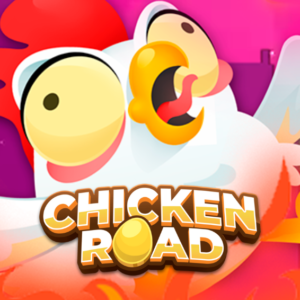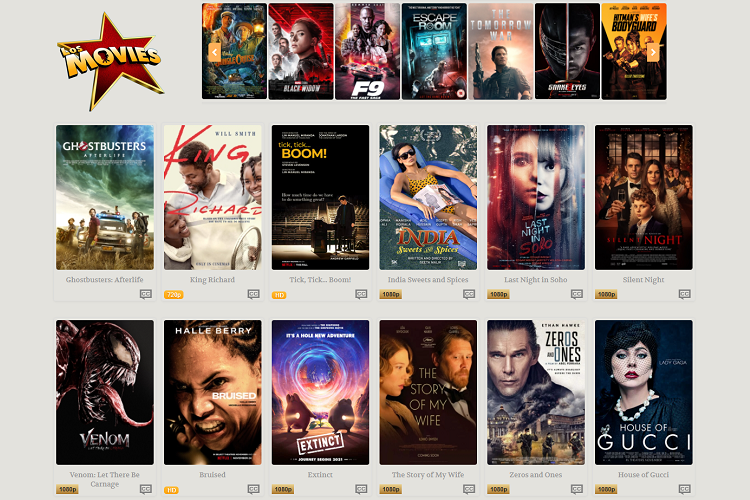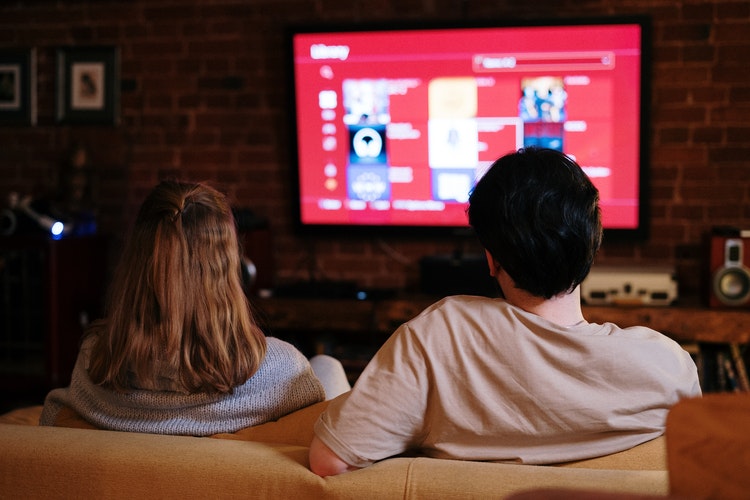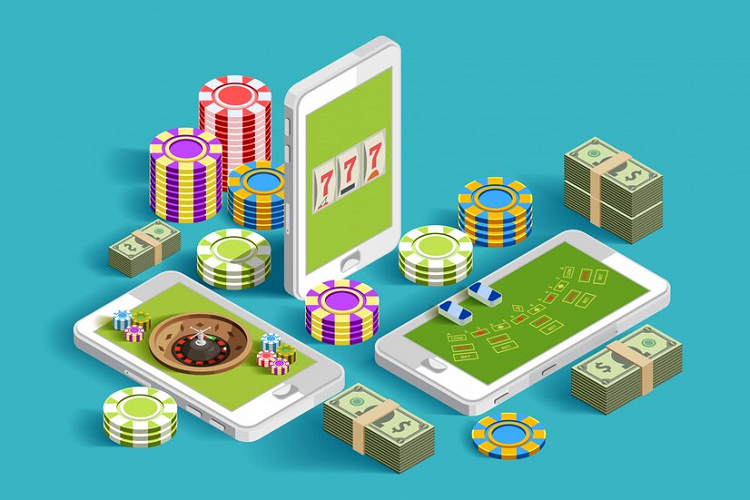The urge to make music is encoded in our genes. Our cave ancestors probably banged sticks on rocks to accompany whatever music instruments their fellow cave dwellers fashioned out of animal bones and hides. The acoustics inside their home must have been exceptional. And they didn’t have to worry about winning a recording contract or boosting their fan base on social media.
But we digress.
The real question is, what can you do if you long to make music, but don’t play an instrument?
Begin by expanding your musical horizons. Are you familiar with turntablism? While not as rudimentary as cave instruments, turntablism is the art of creating music and sound effects by using several turntables and a mixer, says Lorenzo Bonfiglio in this recent Medium post. It doesn’t date back quite as far as the cave era, though cruder versions of the craft have existed for over a century. To today’s young artists, that’s practically prehistoric.
7 Tips to Make Your Own Music
Here are some additional tips for creating your own music when you don’t play an instrument:
Turn your computer into an instrument
If a smartphone can take pictures that rival those of a skilled photographer with expensive camera equipment, why can’t your computer serve as your guitar? Newsflash: it can! Invest in DAW (digital audio workstations) software, which provides samples and loops you can use to create your own songs. If you use Apple devices, GarageBand is bundled in for free.
Say hi to AI
Artificial intelligence can now write stories, term papers, resumes, and yes, music. Keep in mind, though, that humans have uploaded the building blocks to make this possible, so it’s going to be a bit more challenging to create something totally original.
Tap the apps
There are a lot of mobile apps that can mimic some excellent musicians. Check out Musyc if you enjoy experimenting, Keezy for creating unique soundscapes, and Reactable for complex rhythms. There are even online studios offering virtual instruments, vocal and mixing tools and royalty-free sounds, all industry-quality, affordable, and segmented by genre. Let your creativity soar!
Tap your network
Lots of people long to make music, and — there are lots of musicians out there who may not be songwriters, but who would love to collaborate. This is how bands are formed. Reach out to the networks where you spend the most time. You may find your virtual friends becoming IRL buddies (even if it’s still remote) as you duet via TikTok or remix other people’s videos on Insta.
Go to a concert and go for the ask
If you’re bold, you might consider attending a concert of a local band you like and approaching them after the show about a possible co-writing session. You just never know what someone else’s needs or interests are until you ask. If they’re not open to it, perhaps they can point you to somebody else.
Use your voice
If your main goal is to make music without knowing how to play an instrument, bear in mind that we each have an intrinsic instrument we can hone with practice: our voice. A cappella, which is Italian for “in the style of the chapel” can be very powerful, because there is no music competing with your voice for the listener’s attention. On popular television talent shows such as America’s Got Talent and Britain’s Got Talent, judge Simon Cowell has been known to pause a contestant mid-performance and ask them to sing without accompaniment, which has sometimes led to thunderous applause.
Conclusion
In the digital age, being able for creating music without knowing how to play an instrument has never been easier, or more fun. And you may discover you like this hobby so much you want to learn to play an instrument, so you can also make music the old-fashioned way. Because as fabulous as digital music is, you’ll still need a real guitar, piano, or drums to perform onstage. Unless you go a cappella.






